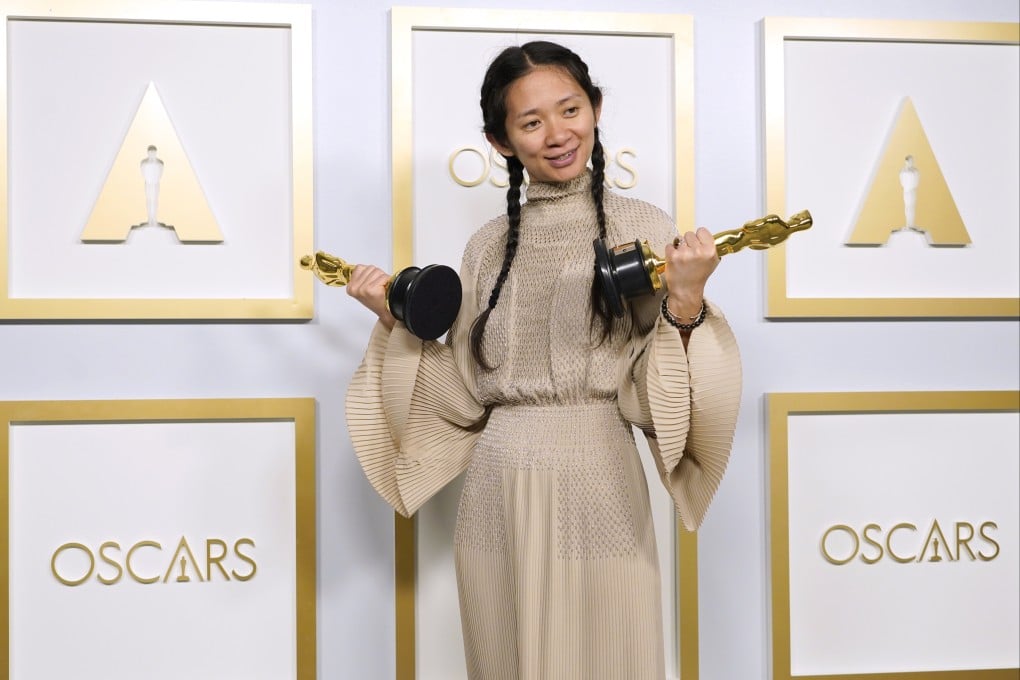Advertisement
China Briefing | China’s treatment of Oscar winner Chloé Zhao shows how to lose friends and not influence people
- China has missed a great opportunity to promote its soft power by refusing to celebrate the Nomadland director’s triumph at the Academy Awards
- Internationally it will appear insecure and unconfident. Besides, the film perfectly illustrates its propaganda narrative of a declining America
Reading Time:4 minutes
Why you can trust SCMP
99+

The contrast could not be more telling. While the international media hailed Chloé Zhao as making history this week by becoming the second woman and the first Asian woman to land the best director Oscar award for the film Nomadland, the Chinese media acted as if her historic win had not happened at all.
Moreover, international attention has since then focused on the Chinese censors’ heavy-handed approach in scrubbing any mention of the award from social media and search engines because of her critical comments about the country of her birth in a 2013 interview.
China has missed a great opportunity to promote its soft power by refusing to celebrate her win and hold her up as an inspiration to women everywhere.
Advertisement
Instead, the Chinese government’s treatment of Zhao has become the latest example of how to lose friends and not influence people at a time when Beijing is trying hard to shape up its narrative and win support from the international community amid rising confrontations with the West over values and rules.
The Chinese media had once been filled with hearty endorsements of the Beijing-born woman, particularly after Zhao won the best director prize at the Golden Globes in February amid predictions that she was the strong favourite to grab the Oscar.
Advertisement
Advertisement
Select Voice
Choose your listening speed
Get through articles 2x faster
1.25x
250 WPM
Slow
Average
Fast
1.25x

